Faithless
Vintage, $32.99 pb, 312 pp
Raising the hat
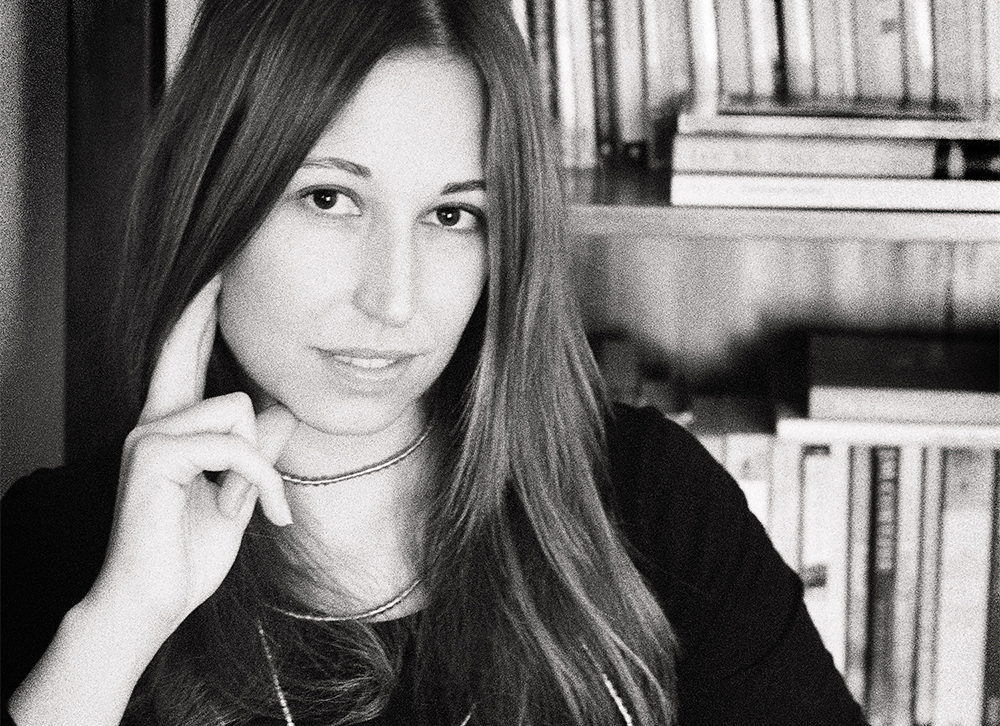
Faithless is the third novel by West Australian writer Alice Nelson. Her first, The Lost Sky (2008), saw her named Sydney Morning Herald Best Young Australian Novelist, and her second, The Children’s House (2018), attracted widespread critical acclaim. All three explore themes of trauma, displacement, memory, and love. Nelson, many of whose family migrated here from Europe, once pondered in a 2019 interview with Brenda Walker at the Centre for Stories whether writers write to ‘heal some kind of loss’ and whether for her ‘it began with that sense of loss of homeland, loss of culture and country that ran through my family’.
At the heart of Faithless, set in England, India, and France, is the passionate affair between Cressida, a writer and translator, and her married lover, Max, a renowned German-born writer. The novel is written in the first person and addressed to Max. When it opens, Cressida has just learnt of Max’s recent death and has fled to his hometown of Dunwich in Suffolk with seven-year-old Flora, whose relationship to her is unclear.
Max and Cressida had met almost twenty years before, when Max was a guest at her mother’s hotel in Rajakkad, India. Familiar with Max’s writing, she was twenty and studying Classics at Cambridge; Max was thirty-six and at ‘the beginning of his literary fame’. Their connection was instantaneous and highly cerebral – they discussed poetry, translation, and her desire to be a writer. Before long they commence an all-consuming relationship that will last until his death.
Nelson’s portrayal of their relationship, founded on fierce mutual desire and intellectual attraction, is as compelling as it is convincing. Obsessed with each other, they frequently communicate via poetry and literary allusions, which form a ‘secret language’ between them. To Cressida it feels ‘As if our being together were not choice at all, but fate.’ Yet despite the joy it brings her, their relationship is, from her perspective (we do not see Max’s), also ‘a welter of pain and pathos and jealousy and yearning’ as she is forced, albeit willingly, into the role of mistress, or ‘shadow bride’. As his literary star rises he does not want them to be seen together publicly, he won’t endorse her writing (despite his high opinion of it) or acknowledge her in his own, despite the significant role she plays as his first reader. Cressida, achingly conscious that he does not belong to her, tortures herself by imagining his life of ‘domestic harmony’ with his wife. She clearly pays the higher price for their clandestine love affair, but her obsession with him is such that she accepts this.
Max is a fascinating, complex character through whom Nelson develops the themes of intergenerational trauma and exile. Born in 1944, he grows up in an unhappy home. No one, in his family or the outside world, speaks about what happened during the war. Deeply ashamed of this ‘willed amnesia’, he flees to England where he builds a career writing about Germany’s traumatic past, how ‘we never escape the injuries done to us by history’ and ‘inherited guilt’. Cressida reasons at one point that ‘marrying Clara [who has her own traumatic war history] was your form of reparation, of atonement, for all that shame you carried on behalf of your countrymen’.
Many of the characters in Faithless, including Max, are in self-imposed exile. His rootlessness is something else he has in common with Cressida, who feels at home neither in England where she was born, nor in India where she grew up. He quotes Goethe to her, saying he is ‘everywhere a stranger and everywhere at home’. Cressida’s mother, the beautiful Amandine, is in double exile – she left France to be with her married lover in London, then, at his behest, swapped London for India.
One other theme that Nelson returns to is that of taking responsibility for another person’s child, a central concern of The Children’s House. Max is clearly attached to Clara, but even more to her daughter Ellen, whom he has co-parented from a young age. His desire to protect them at all costs is one factor that prevents him from leaving the marriage. Cressida, too, becomes the carer for Flora, a child who is not her own, but whom she loves fiercely: ‘Flora is not my blood, not my responsibility. And yet there is nothing I wouldn’t do for her.
Faithless is a superb literary achievement that firmly places Nelson among Australia’s leading contemporary writers. The beauty of her language, the sophistication of her ideas, and her skilful interweaving of plot, character, and meaning set this book apart, and it deserves critical acclaim and to reach a wide audience.
I have one fairly minor quibble. In her acknowledgments, Nelson refers to German writer W.G. Sebald, who once wrote that he tried in his own work to ‘raise his hat’ to his literary heroes. Nelson writes that, ‘in the same spirit, some of the lines spoken by Max in the novel are taken from Sebald’s own work … Faithless, however, is a work of invention; though one in which I have raised my own hat to Sebald.’ In fact, there are striking biographical similarities between Max and W.G. Sebald (although the affair between Max and Cressida is not one of them) and between Max’s work and his. (Sebald, of course, also went by the name Max.) Perhaps a more fulsome acknowledgment of the degree to which Nelson is paying homage to Sebald’s life and work might have been appropriate for the benefit of those unfamiliar with them.







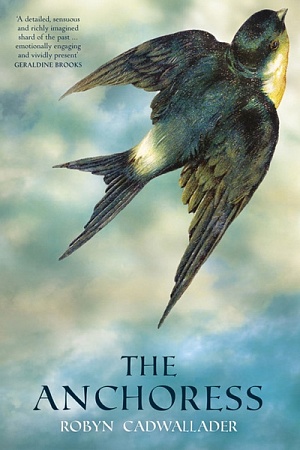
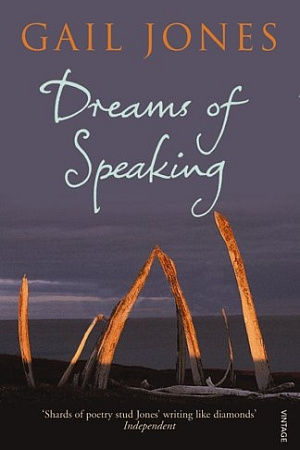
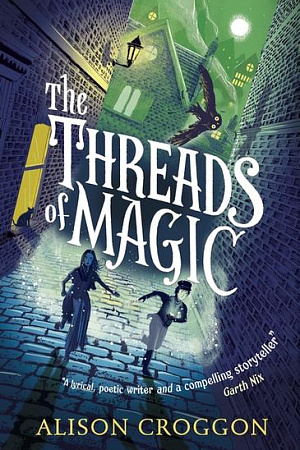
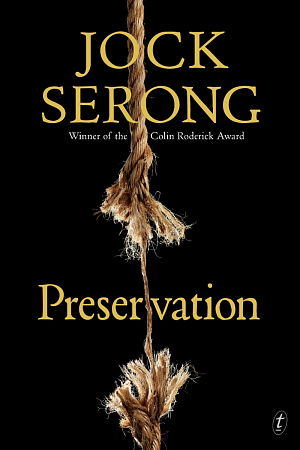
Leave a comment
If you are an ABR subscriber, you will need to sign in to post a comment.
If you have forgotten your sign in details, or if you receive an error message when trying to submit your comment, please email your comment (and the name of the article to which it relates) to ABR Comments. We will review your comment and, subject to approval, we will post it under your name.
Please note that all comments must be approved by ABR and comply with our Terms & Conditions.